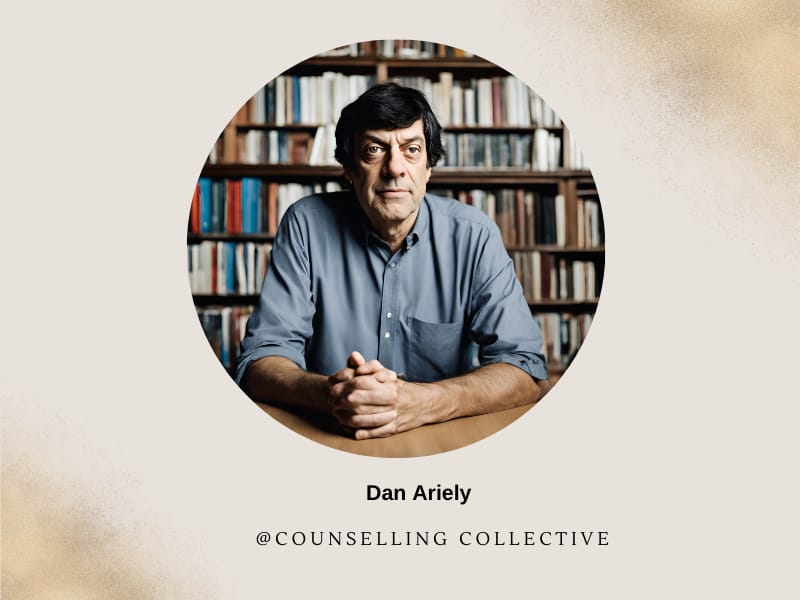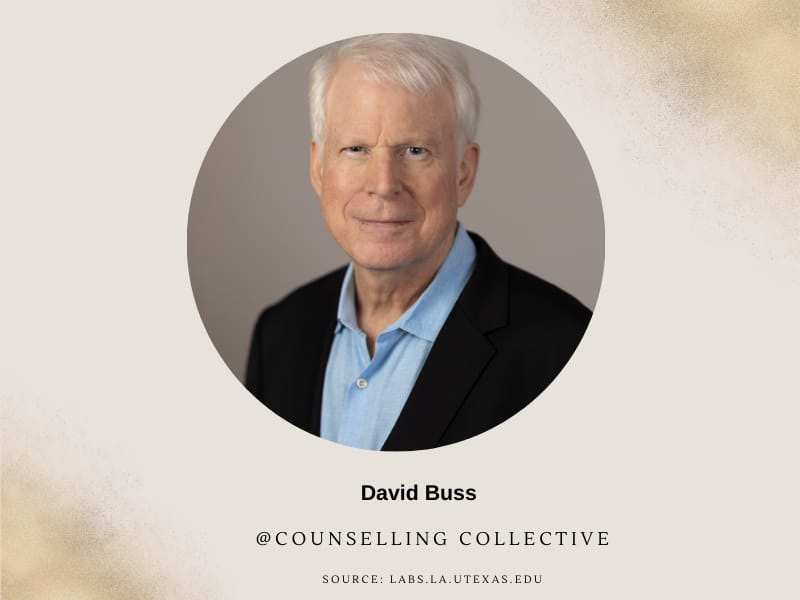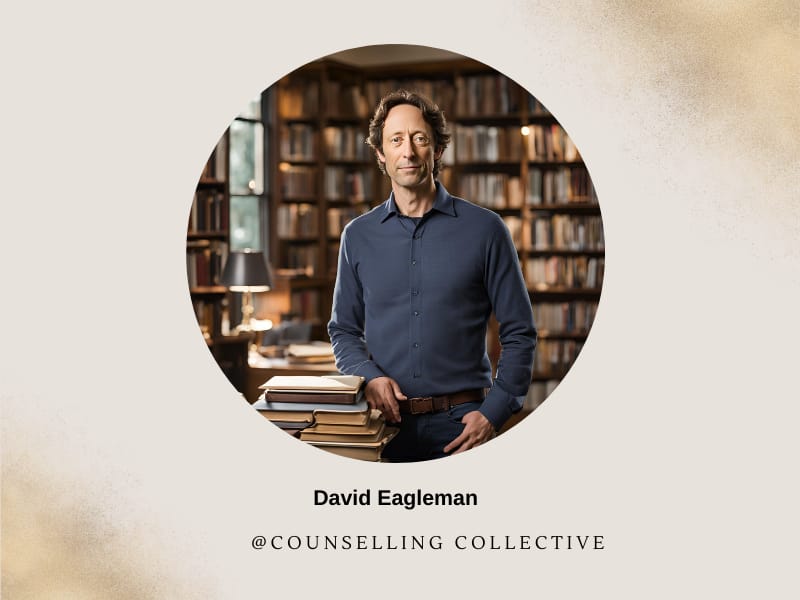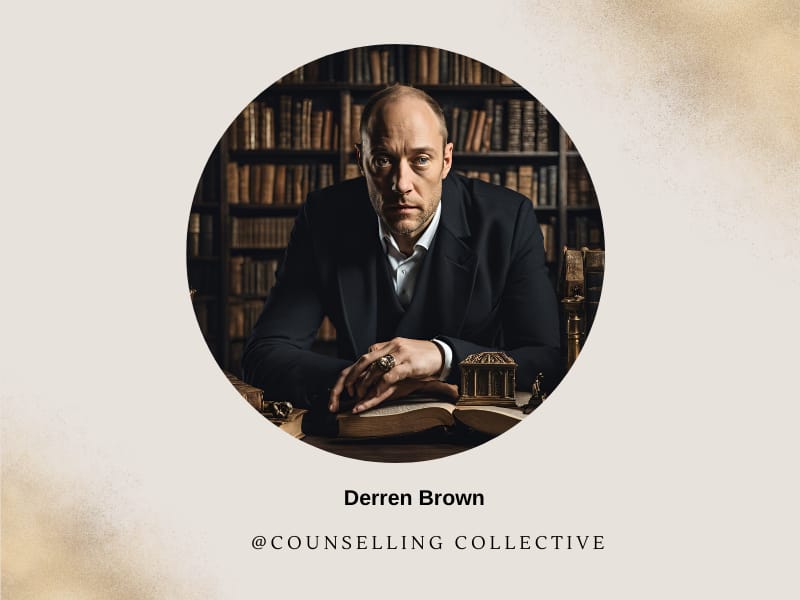Contents
Introduction
Sam Harris is an American author, philosopher, neuroscientist, and public intellectual known for his work on religion, ethics, and the nature of consciousness. Harris has made significant contributions to discussions on secularism, free will, and the intersection of science and morality. His provocative ideas and willingness to challenge conventional wisdom have made him a prominent figure in contemporary philosophy and public discourse. Harris’s work has had a profound impact on debates about religion, morality, and the mind.

In this article, we will explore Sam Harris’s influential work on religion, ethics, and consciousness, examining his contributions to secularism, free will, and the intersection of science and morality, and how his ideas have shaped contemporary philosophy and public discourse.
Early Life and Education
Samuel Benjamin Harris was born on April 9, 1967, in Los Angeles, California. He grew up in a secular household, with his father, Berkeley Harris, an actor, and his mother, Susan Harris, a television writer and producer. From an early age, Harris exhibited a keen interest in understanding the nature of reality and the human mind. His intellectual curiosity was nurtured by his parents, who encouraged his exploration of various philosophical and scientific ideas.
Image Source: ted.com
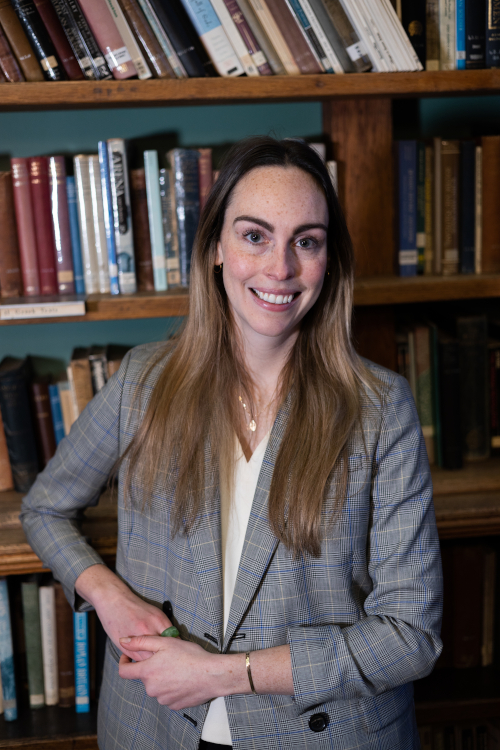
Educational Journey
| Aspect | Details |
| Early Education | Harris attended local schools in Los Angeles, where he developed a strong foundation in the humanities and sciences. |
| Stanford University | Harris earned his Bachelor of Arts degree in Philosophy in 2000. |
| University of California, Los Angeles (UCLA) | Harris pursued his Ph.D. in Neuroscience, focusing on the neural basis of belief, disbelief, and uncertainty, completing his dissertation under the supervision of Mark S. Cohen in 2009. |
| Academic Career | After completing his doctorate, Harris has been involved in various academic and public intellectual activities, including founding Project Reason, a nonprofit organization promoting scientific knowledge and secular values. |
Timeline of Early Influences
| Aspect | Details |
| Richard Dawkins | Dawkins’s work on atheism and evolutionary biology significantly influenced Harris’s views on religion and science. |
| Christopher Hitchens | Hitchens’s critiques of religion and advocacy for secularism shaped Harris’s approach to discussing religion and ethics. |
| Daniel Dennett | Dennett’s research on consciousness and free will provided a philosophical foundation for Harris’s investigations into the nature of the mind. |
| Jiddu Krishnamurti | Krishnamurti’s teachings on meditation and self-awareness influenced Harris’s interest in mindfulness and spirituality without religion. |
Major Theories and Works

Critique of Religion
Sam Harris is best known for his strong critique of religion, particularly organized faith, which he argues is fundamentally incompatible with scientific understanding and ethical progress. Key elements include:
- Secular Worldview: Harris advocates for a worldview based on reason, evidence, and critical thinking, free from religious influence.
- Incompatibility with Science: Harris argues that religious beliefs often contradict scientific evidence, impeding the advancement of knowledge and understanding.
- Ethical Concerns: He highlights how religious dogma can perpetuate harmful practices and hinder ethical progress.
Image Source: margaridasantoslopes.com

Science and Morality
Sam Harris has extensively explored the relationship between science and morality, arguing that moral values can and should be grounded in scientific understanding. In The Moral Landscape, Harris challenges the traditional view that science cannot answer moral questions, positing instead that science can determine human well-being. Key elements include:
- Human Flourishing: Central to Harris’s view is the idea that moral actions are those that promote the well-being and flourishing of conscious beings.
- Moral Objectivity: Harris argues that moral truths are real and can be objectively measured based on their impact on human well-being.
- Science as a Moral Guide: He proposes that science, particularly the understanding of human psychology and well-being, can guide moral decisions and help define what is right or wrong.
Image Source: news.miami.edu

Free Will and Determinism
Sam Harris has critically examined the concept of free will, arguing that it is an illusion and that our thoughts and actions are determined by prior causes. In his book Free Will, Harris contends that the notion of free will is incompatible with our understanding of the brain, consciousness, and human behavior. Key elements include:
- Implications for Justice: Harris suggests that recognizing the deterministic nature of human actions can influence how we approach punishment, rehabilitation, and justice in society.
- Illusion of Free Will: Harris argues that free will is an illusion, as our choices are determined by unconscious processes in the brain.
- Determinism: He posits that all human actions are the result of preceding causes, making the concept of free will incompatible with our understanding of the mind.
Image Source: psychologistmanjuantil.com
Psychologists Influenced by Harris
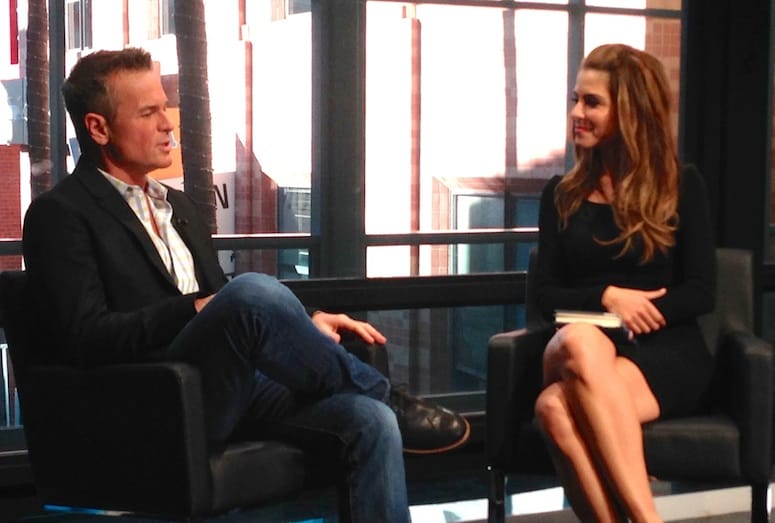
- Richard Dawkins – Dawkins’s work on atheism and evolutionary biology has been reciprocally influenced by Harris’s critiques of religion and advocacy for secularism (Dawkins, 2006).
- Daniel Dennett – Dennett’s research on consciousness and free will aligns with Harris’s perspectives on the nature of the mind and determinism (Dennett, 2003).
- Christopher Hitchens – Hitchens’s critiques of religion and secular advocacy have been mutually reinforced by Harris’s work on similar themes (Hitchens, 2007).
- Steven Pinker – Pinker’s research on human nature and progress intersects with Harris’s views on morality and secularism (Pinker, 2011).
- Paul Bloom – Bloom’s studies on morality and empathy have been influenced by Harris’s ideas on science and ethics (Bloom, 2013).
Legacy and Influence
- Long-Term Impact: Sam Harris’s legacy endures through his lasting contributions to psychology, philosophy, and public discourse. His pioneering work in critiquing religion, exploring the nature of free will, and advocating for a scientific approach to morality has laid the foundation for numerous subsequent theories and research. Harris’s emphasis on integrating scientific inquiry with philosophical exploration continues to influence contemporary research and practice in these fields. His ability to communicate complex scientific and philosophical ideas to both academic and public audiences has made him a key figure in promoting scientific literacy and fostering dialogue on critical social issues.
- Criticism and Controversies: While Sam Harris has garnered significant recognition for his contributions to psychology and philosophy, his work has not been without criticism. Some argue that his focus on scientific and rational approaches may overlook the emotional and subjective aspects of human experience. Additionally, his critiques of religion and his views on contentious social issues have sparked debate, with critics suggesting that his positions may be polarizing or insufficiently nuanced. Despite these criticisms, Harris’s commitment to rigorous inquiry and open dialogue continues to inspire debate and further investigation in the fields of psychology and beyond.
Conclusion
Sam Harris’s life and work have profoundly shaped the fields of psychology, philosophy, and public discourse. His theories on religion, free will, and morality offer valuable insights into human behavior, belief systems, and the nature of consciousness. By emphasizing the importance of integrating scientific inquiry with philosophical exploration, Harris has provided a comprehensive framework for understanding and addressing some of the most pressing issues of our time. As his legacy continues to unfold, Harris’s contributions to psychology, philosophy, and public engagement will likely inspire future generations of researchers, educators, and practitioners.
Bibliography
- [1] Bloom, P. (2013). Just Babies: The Origins of Good and Evil. New York: Crown.
- [2] Dawkins, R. (2006). The God Delusion. London: Bantam Press.
- [3] Dennett, D. C. (2003). Freedom Evolves. New York: Viking.
- [4] Harris, S. (2004). The End of Faith: Religion, Terror, and the Future of Reason. New York: W. W. Norton & Company.
- [5] Harris, S. (2006). Letter to a Christian Nation. New York: Knopf.
- [6] Harris, S. (2010). The Moral Landscape: How Science Can Determine Human Values. New York: Free Press.
- [7] Harris, S. (2012). Free Will. New York: Free Press.
- [8] Harris, S. (2014). Waking Up: A Guide to Spirituality Without Religion. New York: Simon & Schuster.
- [9] Hitchens, C. (2007). God Is Not Great: How Religion Poisons Everything. New York: Twelve.
- [10] Pinker, S. (2011). The Better Angels of Our Nature: Why Violence Has Declined. New York: Viking.


